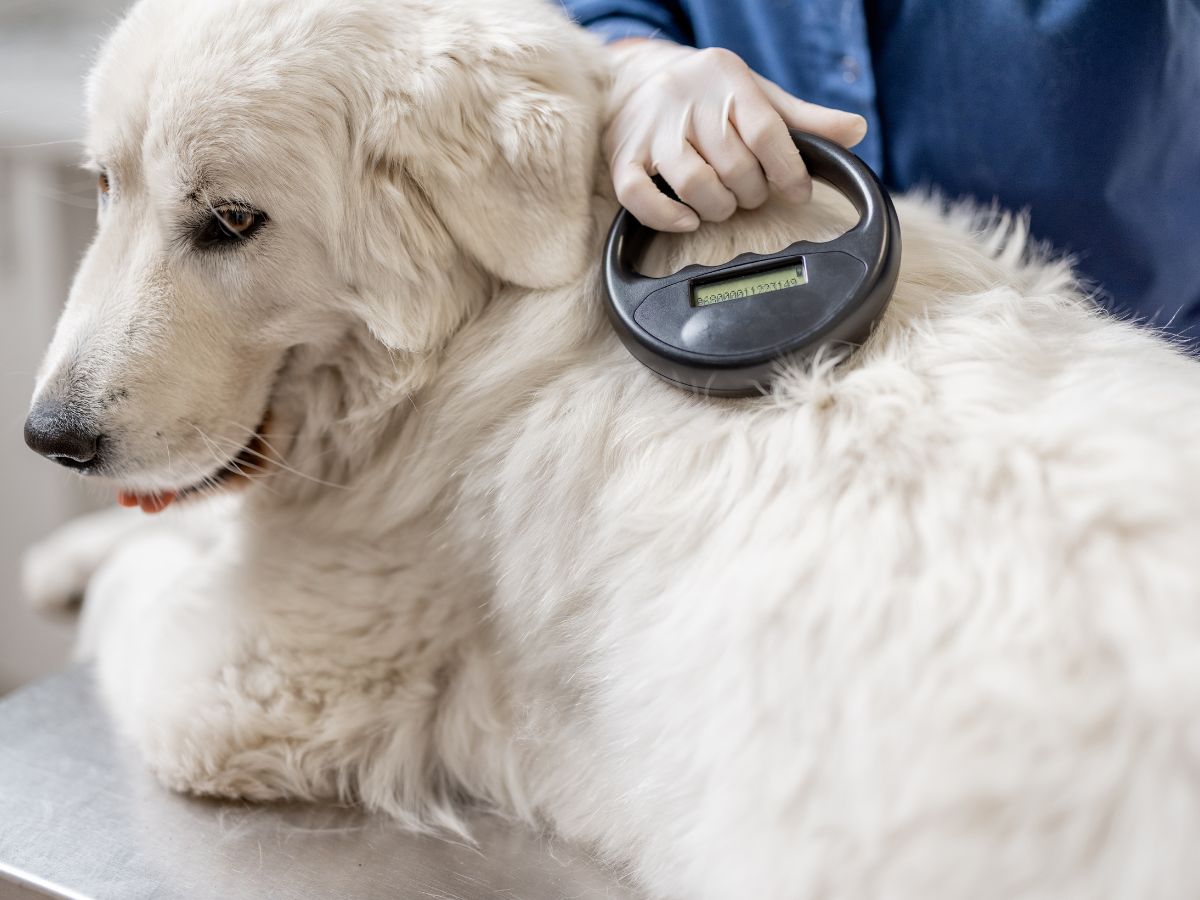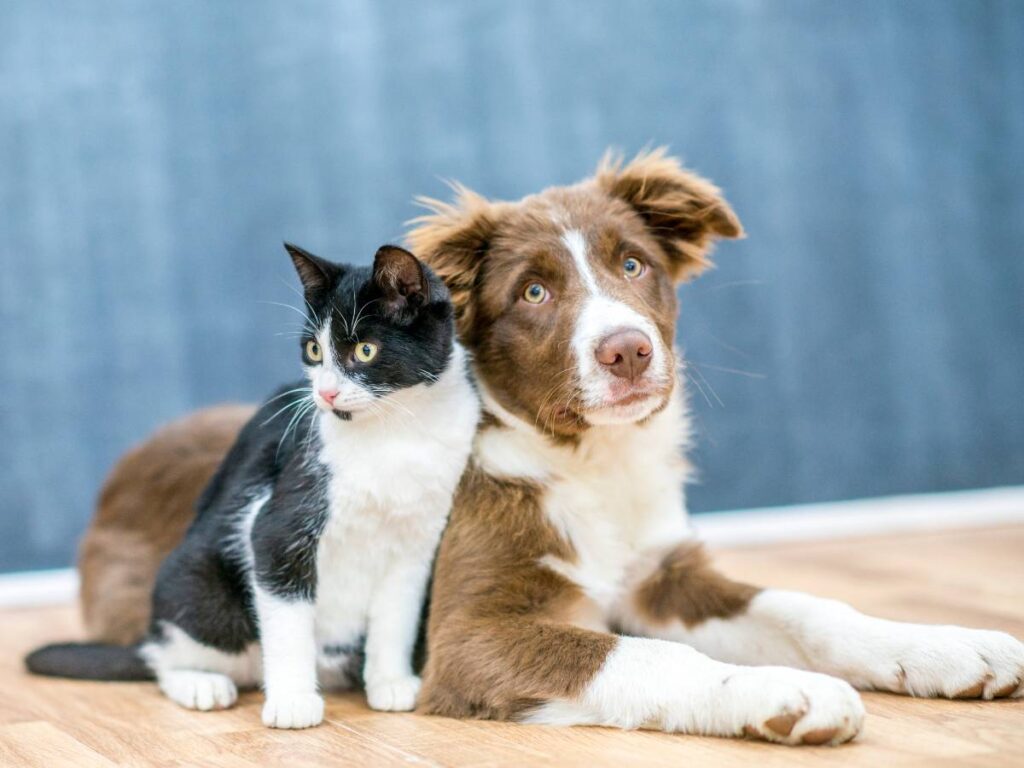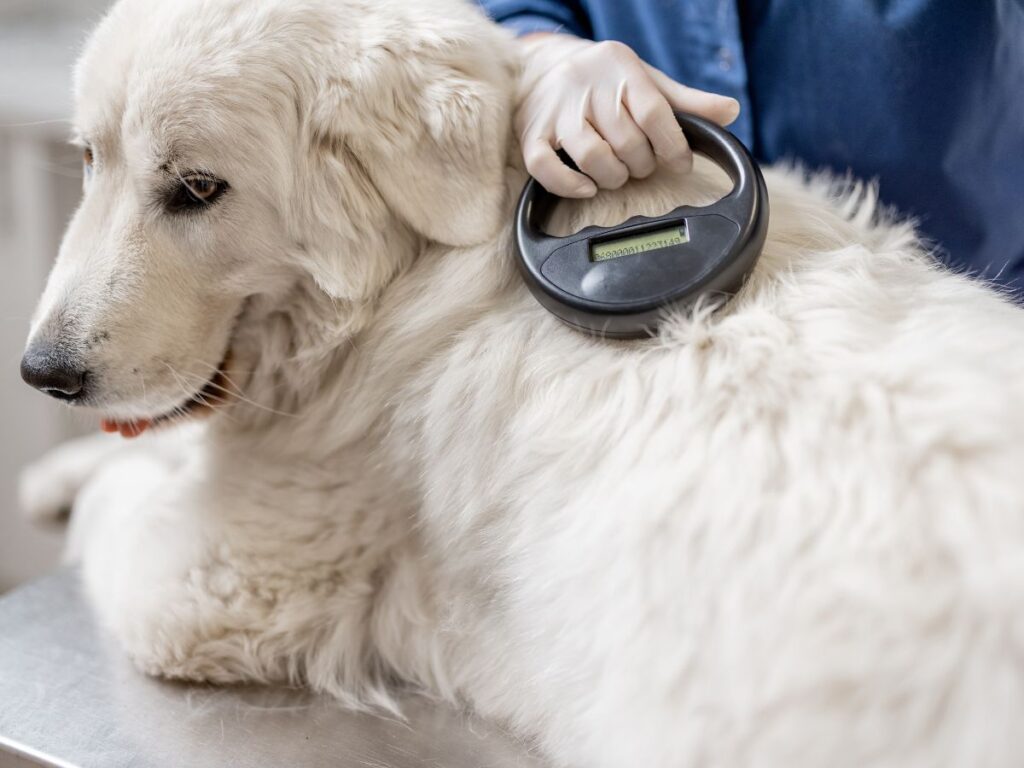
In the bustling city of Doha, pet ownership is on the rise. From purebred cats to playful pups, more residents are welcoming furry companions into their homes. But with this growing bond comes a real concern: what happens if your beloved pet goes missing?
It’s every pet owner’s nightmare — your dog slips out the gate, or your cat doesn’t return from her usual evening stroll. You post flyers, contact shelters, search the streets, and post on social media. Days go by. Hope fades.
But imagine a simple, nearly painless procedure that could dramatically increase the chances of your pet being returned to you. That’s the power of pet microchipping, a small chip that makes a big difference — and it’s available right here at Royal Vet Clinic’s pet microchipping services in Doha.
Let’s dive into how microchipping works and why it's one of the most effective tools for reuniting lost pets with their families.

Before we get into solutions, it helps to understand how pets often get lost in a city like Doha:
No matter how responsible you are, accidents happen. That’s why planning ahead is crucial.
A microchip is a small electronic chip, about the size of a grain of rice, that is inserted just beneath your pet’s skin, usually between the shoulder blades. It carries a unique identification number that can be read using a microchip scanner.
This ID number is linked to your contact information in a secure pet database. When your lost pet is found and scanned at a veterinary clinic, shelter, or by animal control, they can instantly access your information and contact you.
Unlike collars or tags that can fall off, microchips are permanent, tamper-proof, and work for life.
In Qatar, pet microchipping isn’t just a recommendation — it’s required by law for pet registration and international travel. The Ministry of Municipality mandates microchipping to ensure proper pet identification and responsible ownership.
If your pet isn’t chipped, you could face issues with licensing, travel documentation, or even legal ownership in case of a dispute.
Royal Vet Clinic in Doha offers fully compliant microchipping services recognised by the Qatari authorities and international pet travel organisations.

Microchips cannot be removed, altered, or lost like traditional collars. They offer lifelong identification, no matter where your pet ends up.
Veterinary clinics and animal shelters across Doha are equipped with microchip scanners. The moment a lost pet is found, they can identify the owner and make a call, often within minutes.
Planning to move or vacation abroad with your pet? Most countries require a registered microchip before issuing health certificates or allowing entry. Rabies serology tests and vaccinations are usually tied to this chip ID.
If ownership of a pet is ever disputed, a registered microchip can serve as legal proof that the animal belongs to you.
There’s no substitute for the peace of mind you feel knowing your pet has a safety net if they ever go missing.
The process at Royal Vet Qatar is quick, safe, and stress-free:
The entire procedure takes just a few minutes, and there’s no need for anaesthesia.
Not at all. The chip is no larger than a grain of rice and causes minimal discomfort, usually no more than a quick pinch. There are no batteries or moving parts, and it doesn't emit any signal unless scanned.
In fact, the microchips used at Royal Vet are ISO-certified and meet international safety standards.
If your microchipped pet goes missing:
When someone finds your pet, the chip is scanned, your contact info appears, and you’re notified immediately.
It’s important to keep your microchip registry up to date. If your contact details change, notify Royal Vet or the chip database provider so the information stays accurate.
An outdated phone number means no one can reach you, even if your pet is found.
A: No. Microchips are not GPS devices. They only store an ID number, which helps identify your pet once found.
A: Prices vary by clinic, but Royal Vet offers affordable and certified microchipping services, often bundled with checkups or travel prep.
A: No. Cats, rabbits, and even exotic pets can be microchipped. It’s especially important for indoor cats, who often aren’t wearing collars.
A: No. It’s a passive device and lasts the lifetime of your pet.
A: Yes. The chips used at Royal Vet are ISO-compliant and readable with universal scanners used throughout Doha and abroad.
Conclusion: A Tiny Chip That Makes a Big Difference
No one ever plans to lose a pet, but accidents happen. A collar can fall off. A gate can be left open. And your pet can end up miles away from home.
With a registered microchip from Royal Vet Clinic, your pet has a permanent link to you, one that increases the chances of a joyful reunion dramatically.
Schedule your pet’s microchipping appointment now through our website.
Note: This article is intended for informational purposes only and should not replace professional veterinary consultation. Always speak with your vet for recommendations specific to your pet’s health and safety.
"*" indicates required fields